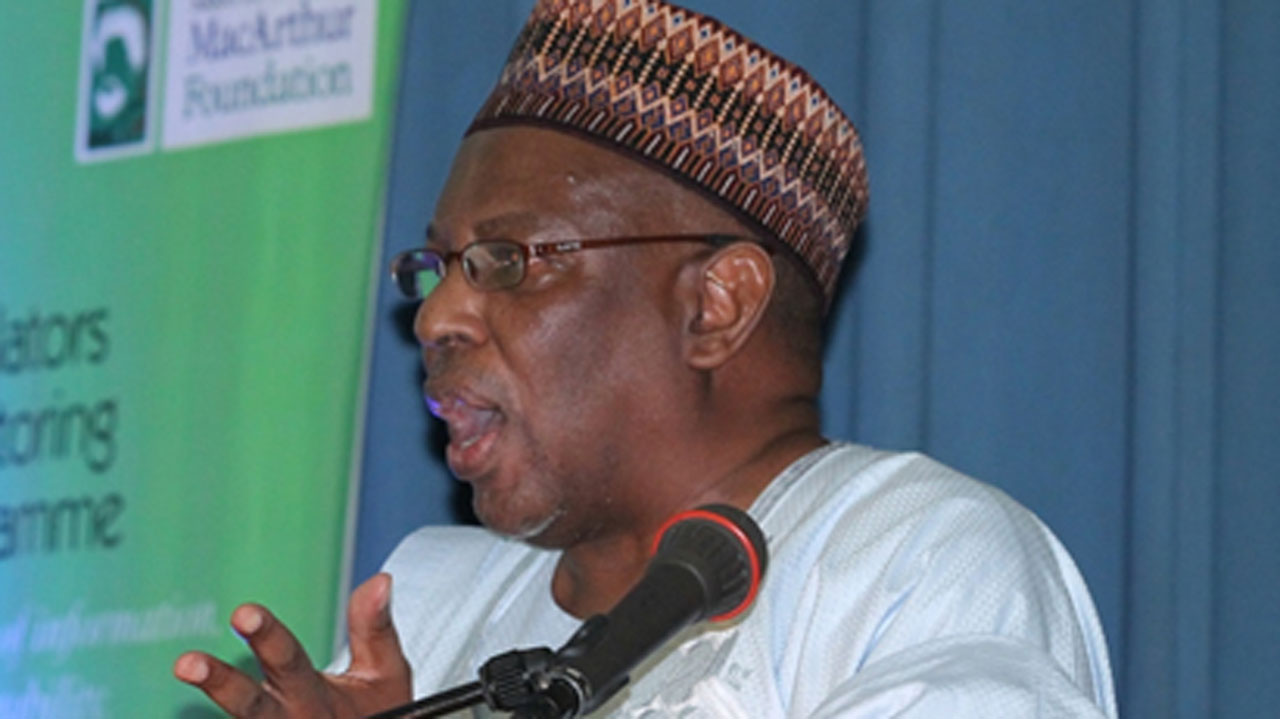
Universal Basic Education Commission (UBEC) has bemoaned shortage of teachers in public schools, noting that the COVID-19 pandemic reduced tutors by 29 per cent.
Its Executive Secretary, Dr Hamid Bobboyi, at a one-day meeting on promoting partnership with the private sector and key stakeholders in the implementation of Universal Basic Education (UBE) programme in Abuja yesterday, sought synergy between government and private sector in addressing challenges confronting the basic education sub-sector, pointing out that the over N100 billion yearly funding was insufficient.
Latest figures from the United Nations Educational, Scientific and Cultural Organisation (UNESCO) indicate that 5.4 million teachers are needed at primary school level in Sub-Saharan Africa, and 11.1 million educators at secondary level, to achieve universal basic education by 2030.
Also, a 2022 report by same organisation said Nigeria has over 20 million out-of-school children, the highest in Africa, and third globally.
Bobboyi, while deploring the development, said it formed part of the agenda.
He noted that the country has over 45 million children in the basic education sub-sector, stating: “The meeting was aimed at exploring ways of building a functional relationship with the private sector to develop the sub-sector and work out a programme that can be beneficial to basic education in the country.
“Every year, on the average, the Federal Government is putting in N100 billion in the sub-sector. The resources from government alone cannot run the system.
“An aspect that we are not always involved in, but we always raise, is the issue of teachers. Unless we can pay our teachers well, compensate them properly and motivate them, it will be very difficult for them to deliver the kind of education that we all think about.”
In their separate submissions, representatives of Oando Foundation, Aliko Dangote Foundation, Aspire Coronation Trust Foundation, Civil Society Action Coalition on Education For All (CSACEFA) and others canvassed collaboration between UBEC and the private sector, while promising to scale up their interventions.






